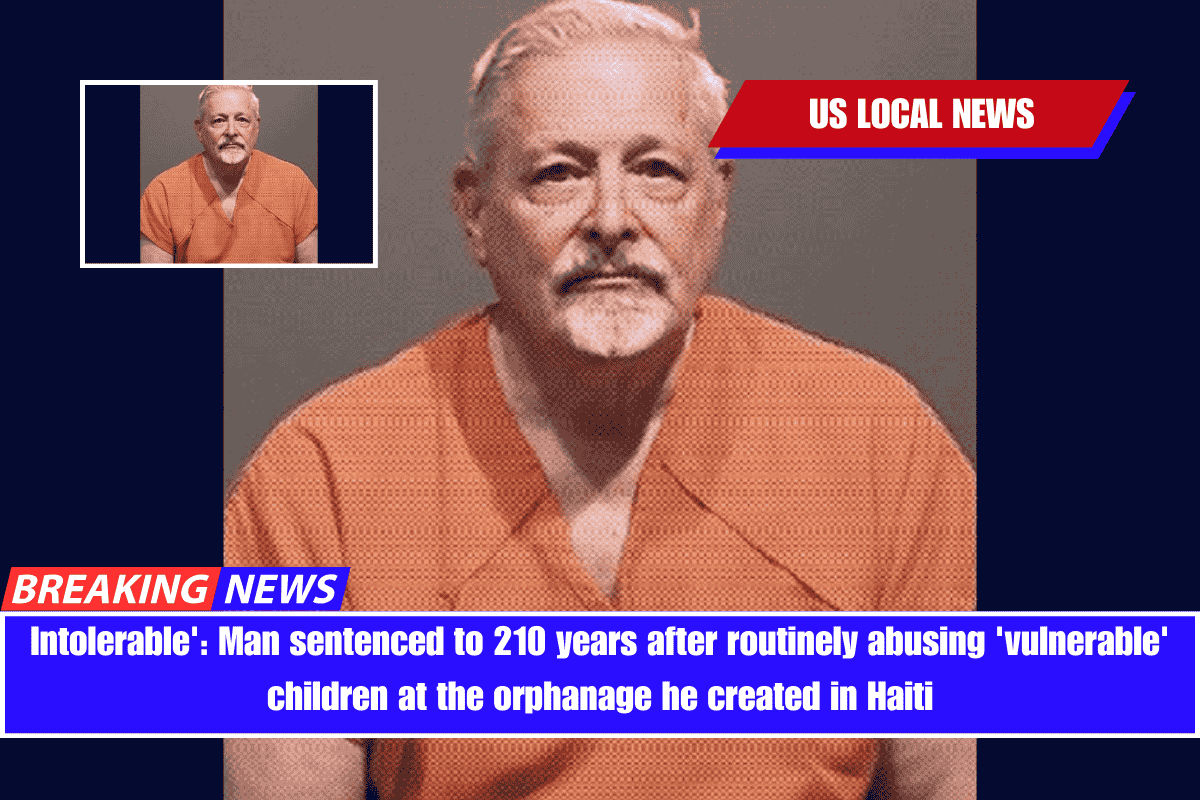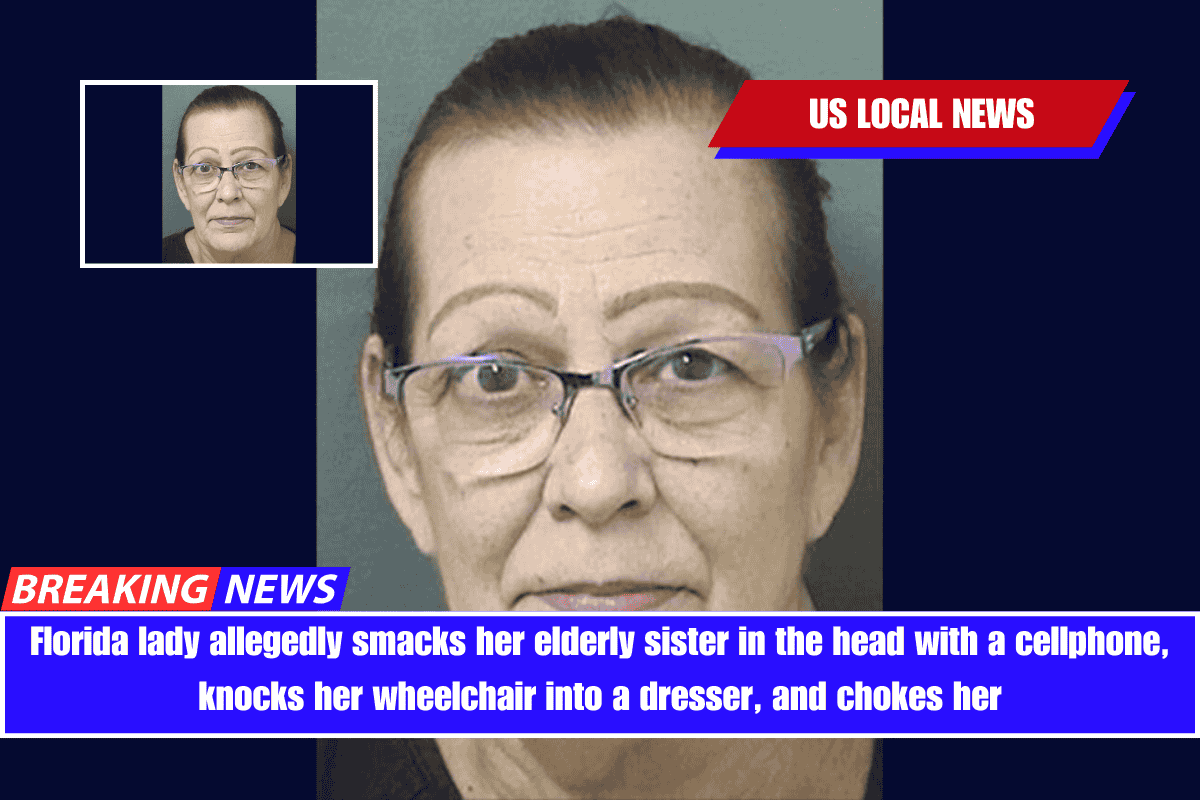A federal judge in Massachusetts has temporarily blocked President Trump’s administration from ending a Biden-era program that granted parole and the right to work to over half a million immigrants from Cuba, Haiti, Nicaragua, and Venezuela.
U.S. District Judge Indira Talwani ruled Monday that migrants from the four countries can remain in the United States, where they can obtain legal work authorization or apply for adjustment of status, temporarily barring the Department of Homeland Security (DHS) from terminating their status as part of the federal government’s effort to shut down the program in 10 days.
“If their parole status is allowed to lapse, Plaintiffs will have two unfavorable options: continue to follow the law and leave the country on their own, or wait for removal proceedings.
“If Plaintiffs leave the country on their own, they will face dangers in their home countries, as stated in their affidavits,” Talwani wrote in her 41-page decision.
“For some plaintiffs, leaving will also result in family separation. Leaving may also mean that Plaintiffs have forfeited any opportunity to obtain a remedy under their APA claims, as those claims may be moot,” the justice wrote.
The Hill has contacted the White House for comment.
The decision is a victory for migrants, whose legal status was set to expire on April 24.
“This decision is a significant step toward justice for not only the hundreds of thousands of people who entered the United States through this crucial procedure, but also for the American sponsors who welcomed them into their homes and communities.
“With this decision, so many people across the country will be able to breathe a huge sigh of relief,” said Karen Tumlin, founder and director of the Justice Action Center, an immigrant advocacy organization.
CHNV allowed migrants from Venezuela, Haiti, Cuba, and Nicaragua to enter the United States and stay for up to two years as long as they passed a health and background check and had a financial sponsor in the country.
Over 500,000 migrants from those four countries arrived in the United States thanks to the parole program.
The effort to end the program began in late March. Officials from the federal government argued that the program provides migrants with short-term protection without establishing a “durable status” in the long run.
DHS Secretary Kristi Noem ended deportation protections for Cameroonian and Afghan migrants who had been shielded by Temporary Protected Status since 2022.


















Leave a Reply